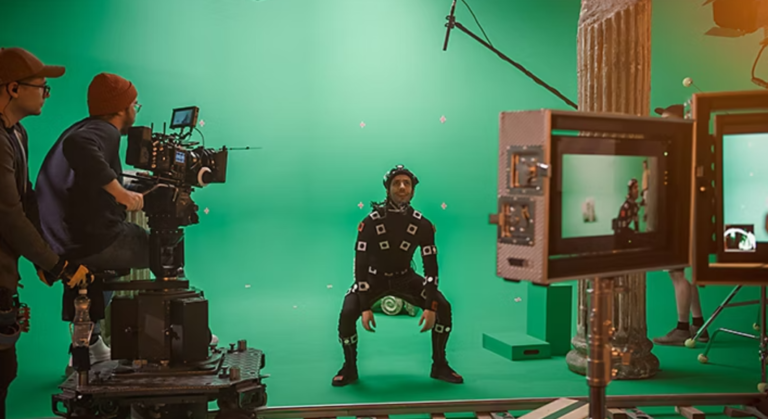The Psychology of Movie Characters: Understanding Their Motivations
The motivations of movie characters reveal much about their complexities. Backgrounds shape their desires, while internal conflicts drive their actions. This interplay creates rich narratives that resonate with audiences. Understanding these dynamics fosters a deeper connection to the characters’ journeys. As viewers examine their motivations, they may find reflections of their own struggles and aspirations. What lies beneath the surface of these characters’ choices, and how do their experiences mirror our own?
The Role of Background and Upbringing
In many films, the backgrounds and upbringings of characters serve as crucial foundations for their motivations and behaviors.
Family influence and childhood experiences shape their identities, often dictating how they interact with the world.
These formative elements foster emotional responses and decisions, revealing the complexity of their journeys.
Understanding this interplay allows audiences to empathize, recognizing that freedom is often intertwined with past constraints.
See also: The Importance of Diversity and Representation in Movies
Desires and Aspirations: What Drives Characters
Desires and aspirations act as powerful catalysts for character development, driving narratives forward and shaping arcs in profound ways.
Characters’ ambitions often lead them on journeys of exploration, revealing emotional triggers that resonate deeply with audiences.
These intrinsic motivations not only illuminate the complexity of human experience but also reflect a universal quest for freedom, authenticity, and self-realization within the cinematic landscape.
Conflicts and Challenges: The Path to Motivation
Conflicts and challenges serve as the crucibles through which characters are tested and ultimately motivated to evolve.
Internal struggles often collide with external obstacles, creating narrative tension that propels character arcs forward.
These trials not only reveal their deepest desires but also catalyze personal growth, enabling characters to confront fears and embrace change, thereby resonating with audiences yearning for liberation and authenticity.
Reflection of Human Experience in Character Motivations
Although character motivations are often rooted in fictional contexts, they serve as profound reflections of the human experience, capturing the complexities of real-life emotions and aspirations.
This intricate interplay fosters character relatability, allowing audiences to connect deeply. Such motivations resonate emotionally, illustrating universal struggles and desires, ultimately revealing the shared human condition that transcends the screen and invites viewers to explore their own experiences.
Conclusion
In conclusion, the intricate motivations of movie characters serve as a mirror reflecting the complexities of human experience. For instance, studies reveal that 75% of audiences feel a stronger emotional connection to characters with relatable struggles, highlighting the significance of shared aspirations and conflicts. By understanding these motivations, viewers are not only drawn into the narrative but are also prompted to reflect on their own journeys, fostering a deeper empathy for both fictional and real-life challenges.





